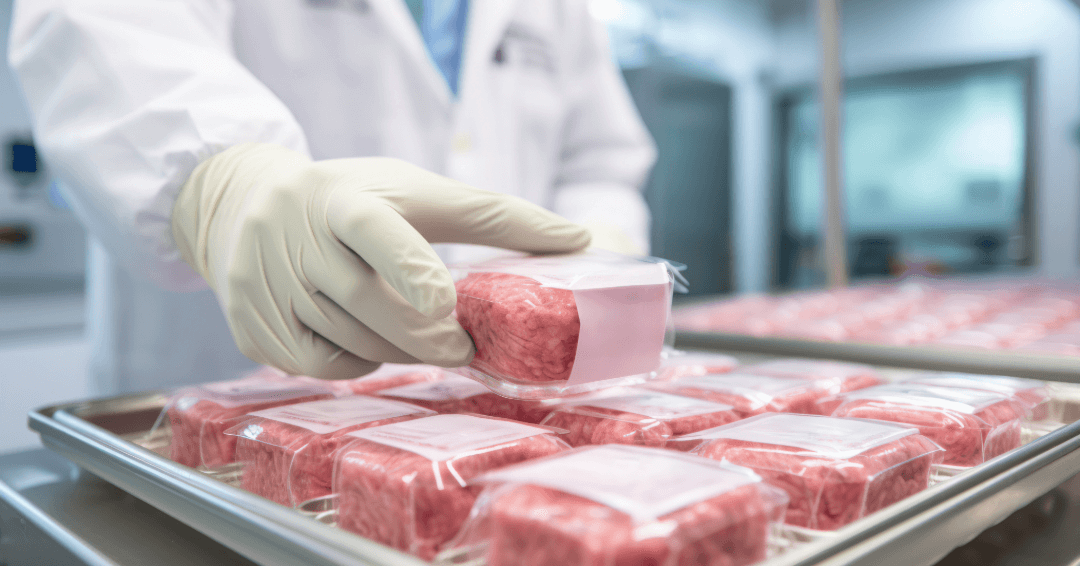Point of View - Will Cultured Meat Outpace Plant-Based Alternatives?
Posted by Stelios on 5th May 2024 Reading Time:
In 2013, venture capitalist Peter Thiel expressed his disappointment with the underwhelming progress of modern technology, stating, "We were promised flying cars, and instead, we got 140 characters." This sentiment resonates in various industries, including the food sector. The initial hope of plant-based diets revolutionising our eating habits has not fully materialised, presenting a stark contrast to the initial promise.

In the early 2020s, there was a surge in enthusiasm for meat substitutes fueled by environmental concerns and advancements in food technology. Companies like Beyond Meat and Impossible Foods made headlines with their innovative approaches to mimicking the taste and texture of meat. Investors poured billions into these ventures, anticipating a significant shift in consumer behaviour towards plant-based eating.
However, the reality has been starkly different. The anticipated consumer shift has not occurred at the scale projected. Despite their initial popularity, plant-based products have seen a decline in sales, exacerbated by their premium pricing, which is especially significant in the current cost-of-living crisis. The taste and texture of these alternatives have also not consistently met consumer expectations, leading to a marked reduction in their market appeal.
The market's disillusionment with highly processed plant-based foods is now palpable. These products, often laden with additives to emulate real meat, fall into the category of 'ultra-processed' foods—a category increasingly viewed with scepticism by health-conscious consumers. This scepticism has also been reflected in the significant decline in the number of people identifying as vegan in Europe and the UK.
On the horizon, however, is a potential game-changer: cultured meat. Unlike plant-based substitutes, cultured meat is grown from animal cells, providing a real meat experience without the need for animal slaughter. This method has attracted significant scientific and financial investment, with the aim of reducing its once-prohibitive costs and overcoming production challenges. While still costly, the potential of cultured meat lies in its ability to provide a sustainable, ethical alternative to traditional meat, without compromising on taste or texture.

Yet, even as we explore these futuristic food technologies, there is a notable resurgence in consumer preference for traditional, well-grown meat - less processed products with transparent and ethically sound production. This trend suggests a growing consumer desire for authenticity and simplicity in food choices.
The question looms as we look into the future: Will the next dietary revolution be led by ultra-processed vegan alternatives, lab-grown meats, or a renewed appreciation for traditional farming practices? The answer may hinge on our capacity to balance innovation with the fundamental values of taste, health, and sustainability that consumers seek.

